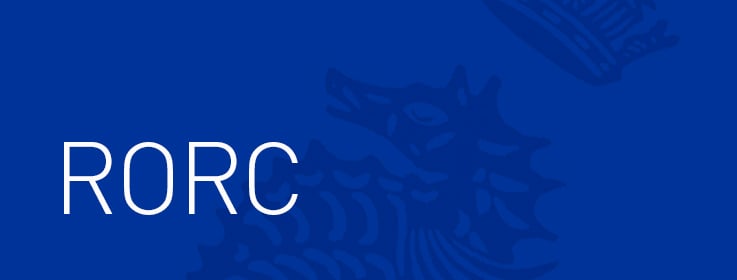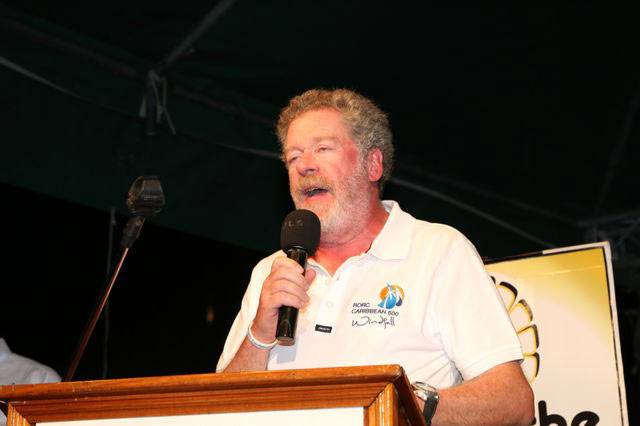The Admiral of the Royal Ocean Racing Club in London, Andrew McIrvine, has written to the President of World Sailing, Kim Anderson, seeking action from the World body over the prevalence of 'cheating' in sailing that he maintains is becoming 'a major disincentive to going racing at many levels'.
In a strongly worded letter, McIrivne, who is also the Secretary General of the International Maxi Association, says the ‘culture’ of ‘it’s not cheating unless you are caught’ is becoming increasingly prevalent.
He claims it is a particular problem among some sailing 'professionals' who, he says, have a 'more desperate need to win to maintain their livelihood'.
‘the culture of ‘it’s not cheating unless you are caught’ is becoming increasingly prevalent'
McIrvine's letter laments the fact that the 'sport used to be largely self-policing and honourable. Sadly, he says, 'those days are long gone and it must now become a major function of World Sailing to police the sport effectively'.
The RORC Chief says he wants the World Sailing organisation to take a much firmer line in trying to stamp out the culture. 'This will involve commitment from above down; all the way from the Executive to individual race organising authorities'" he says.
World Sailing McIrvine's letter (dated 30th of January 2018) is posted on the World Sailing website on this link here and it is reproduced in full below:
RATING INTEGRITY AND CHEATING
Dear President,
I am writing because of my deep concern over the rise of cheating within our sport and the lack of use of process and sanctions to deal with it.
This was prompted by the recent announcement by the J70 Class Association of the sanctions they were going to apply to those who had arrived at the 2017 World Championship with boats that had been deliberately altered such that they were no longer in class. They had been disqualified from competing at the event but now 4 months later the sanction applied was as little as a 4-month ban – covering the winter, mainly non-sailing, season.
This appeared totally inadequate as a sentence of this type will be ineffective as a deterrent to increasing flouting of the rules.
I am using this as an example as it is a class with which I have no involvement and am therefore seeing it from an independent stance,
An example from within my sphere was the case of ‘Scugnizza’ a boat eventually disqualified from the 2016 ORC European Championships by an International Jury for blatant measurement anomalies. ORC could do this and ban them from their events but no action was taken by either MNA or WS despite the boat being filled with ‘professionals’.
Bruno Finzi, Chairman of the Offshore Racing Council, supports me in our frustration with the lack of sanction from higher authorities.
Stan Honey, Chairman of the Oceanic and Offshore Committee shares our concerns.
This ‘culture’ of ‘it’s not cheating unless you are caught’ is becoming increasingly prevalent.
It is probably associated with greater involvement of professional sailors who have a more desperate need to win to maintain their livelihood.
Our sport used to be largely self-policing and honourable. Sadly those days are long gone and it must now become a major function of World Sailing to police the sport effectively.
Only serious lengthy bans to individuals perpetrating these offences will have such an effect.
From communication with many sailors, it is clear that this lack of control is becoming a major disincentive to going racing at many levels.
We feel it is imperative that World Sailing as a whole take a much firmer line in trying to stamp out this culture. This will involve commitment from above down; all the way from the Executive to individual race organising authorities.
We very much hope this can be put high on your agenda.
With kind regards,
Yours sincerely,
Andrew J McIrvine FRCS
Member, WS Classes Committee
Secretary-General, International Maxi Association
Admiral, Royal Ocean Racing Club

































































